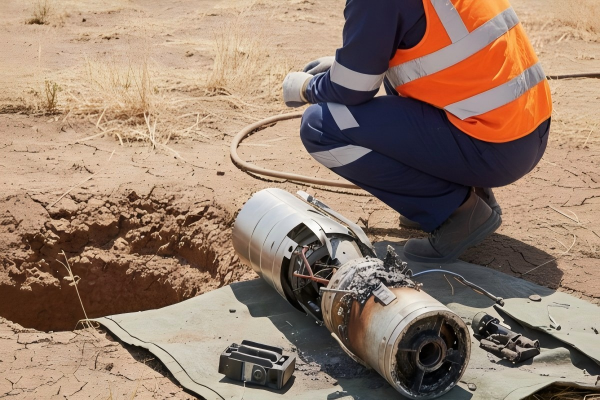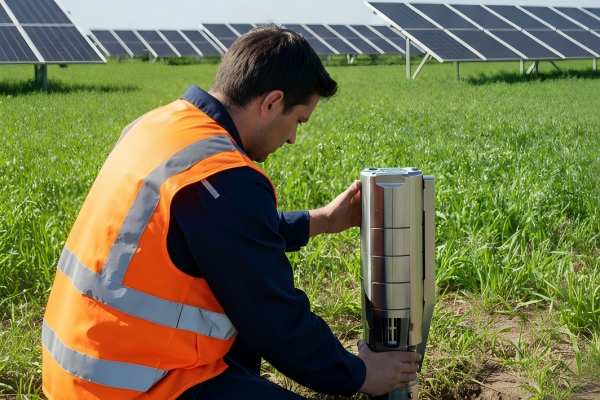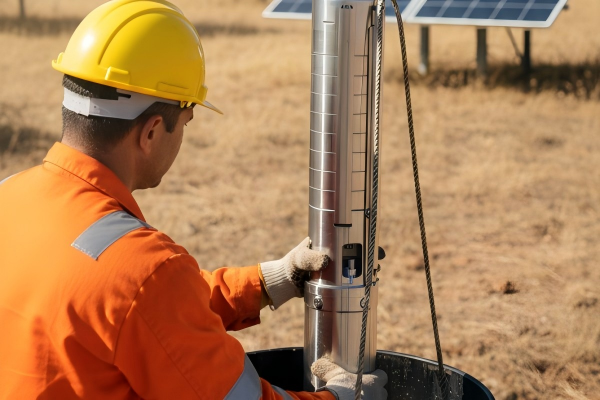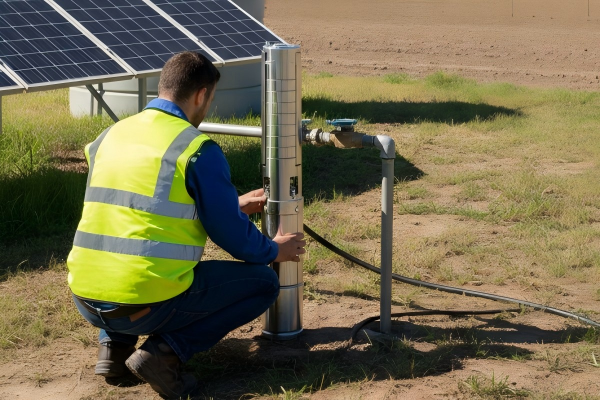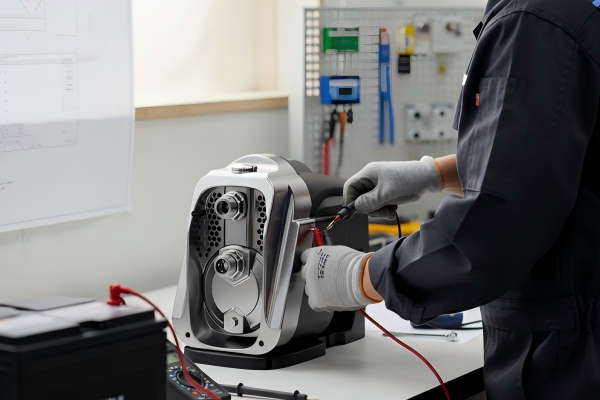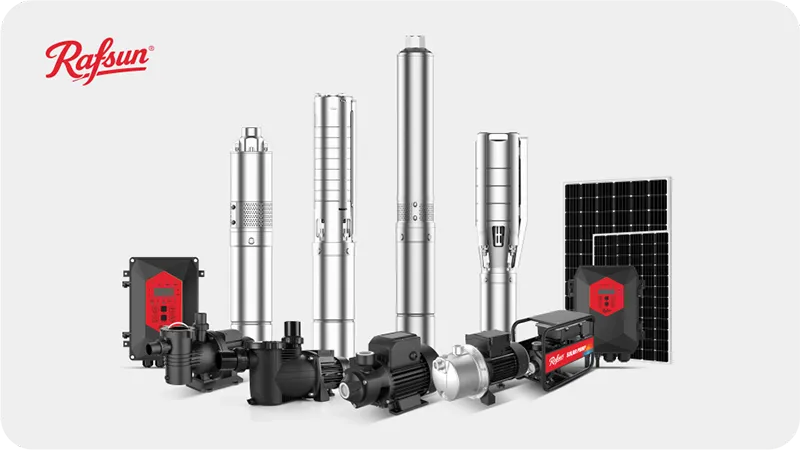Struggling with banging pipes or leaky faucets?
Your home's high water pressure might be the hidden cause.
This excess force can silently damage your plumbing, fixtures, and expensive appliances.
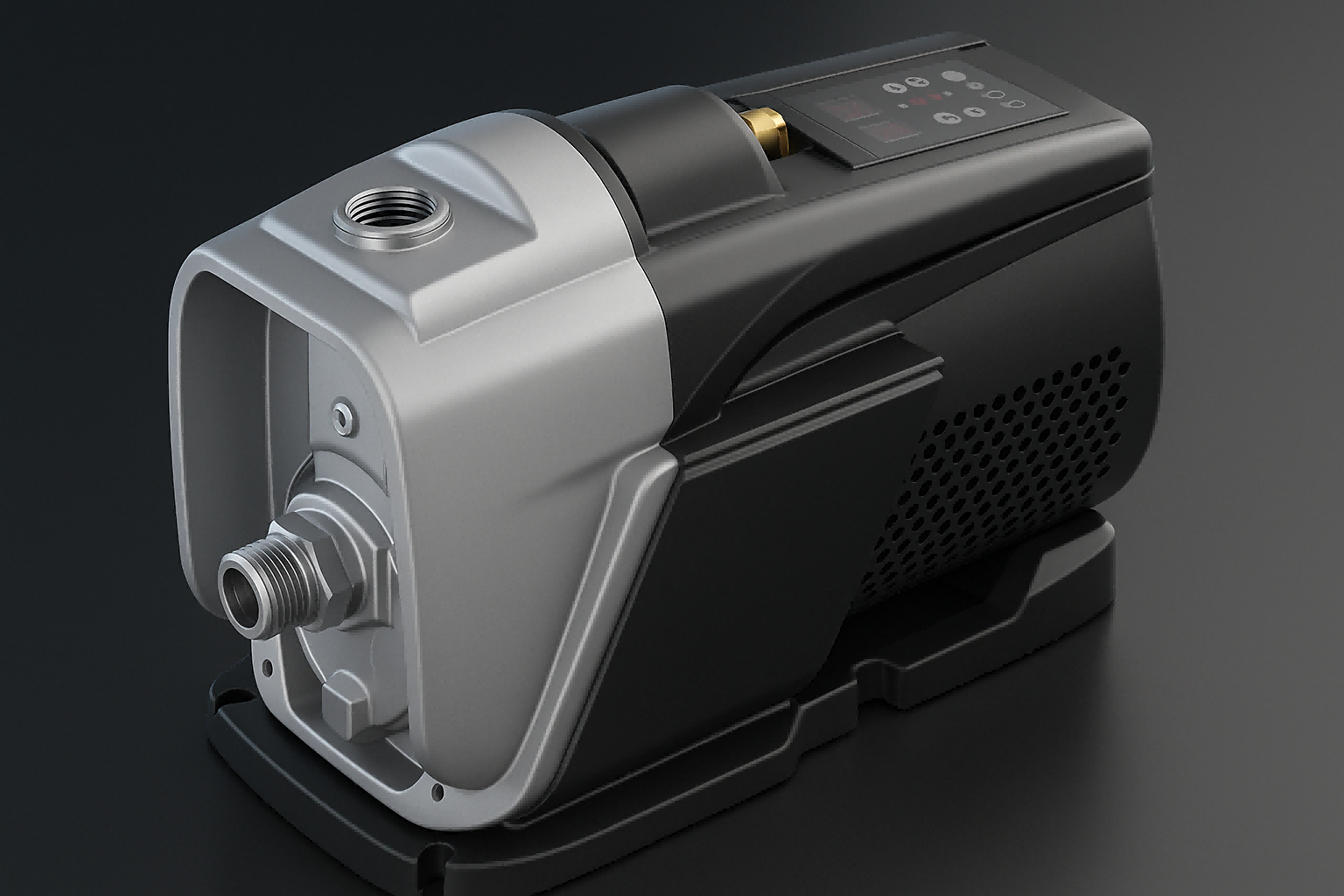
High water pressure feels great in the shower.
But it puts constant stress on your entire plumbing system.
Ignoring it can lead to costly repairs and water damage.
This guide will help you understand the risks, identify the signs, and take action to protect your home.
Let's explore how to check your pressure and what to do if it's too high.
How Do I Know If I Have High Water Pressure?
Are your water bills suddenly climbing?
Do your pipes make a loud banging noise when you turn off a faucet?
These are common signs that your home's water pressure is too high.
The most definitive way to know your water pressure is to test it.
You can use a simple water pressure gauge, which is an inexpensive tool found at most hardware stores.
Ideal home water pressure is typically between 40 and 60 pounds per square inch (PSI).
Any reading over 80 PSI is considered too high and can cause problems.
Testing Your Water Pressure
Testing is a simple process.
First, buy a water pressure gauge.
Attach it to an outdoor hose bib or your washing machine's cold water faucet.
Make sure all other water fixtures in your home are turned off.
This ensures you get an accurate static pressure reading.
Turn the faucet on fully.
The gauge will immediately show your home's water pressure.
If the reading is above 80 PSI, you need to take steps to lower it.
Common Signs of High Water Pressure
Besides testing, you can watch for several other clues throughout your home.
These symptoms often point to a pressure problem that needs attention.
Being aware of these signs can help you catch the issue early.
| Symptom | Description |
|---|---|
| Banging Pipes | Loud noises, called "water hammer," occur when faucets are turned off quickly. |
| Leaking Faucets | Even after replacing washers, faucets continue to drip due to high pressure. |
| Running Toilets | The fill valve can't close properly, causing water to constantly run into the overflow tube. |
| Noisy Appliances | Your dishwasher or washing machine makes loud banging or rattling sounds during fill cycles. |
| Short Appliance Life | Water heaters, washing machines, and dishwashers fail more frequently than expected. |
| Running Out of Hot Water | High pressure pushes more water through the system, draining your hot water tank faster. |
Geographical Factors
Where you live can also influence your water pressure.
If your home is at the bottom of a hill, gravity can naturally increase the pressure from the municipal supply.
Similarly, living near a fire hydrant or a tall water tower often means the main line has very high pressure.
While a properly working pressure regulator should manage this, an old or faulty one might not.
What Damage Can High Water Pressure Cause?
Are you worried about the lifespan of your plumbing and appliances?
High water pressure is a silent threat that wears them out faster.
This constant strain can lead to expensive damage and unexpected failures.
High water pressure forces more water through your pipes and fixtures than they were designed to handle.
This causes continuous stress on every part of your plumbing system, from the pipes themselves to the delicate internal components of your appliances, leading to leaks, bursts, and premature breakdowns.
Damage to Pipes and Fixtures
Your home's pipes are constantly under pressure.
When that pressure is too high, it puts them at risk.
The joints and seals connecting the pipes are especially vulnerable.
Over time, this strain can cause them to weaken and fail.
- Pinhole Leaks: The excessive force can create tiny holes in your copper or plastic pipes. These leaks are often hidden behind walls and can cause slow, silent water damage, leading to mold growth and structural rot.
- Broken Seals: The rubber and silicone seals around pipe connections, faucets, and toilet valves wear down much faster under high pressure. This results in persistent drips and leaks.
- Burst Pipes: In a worst-case scenario, a sudden surge or prolonged high pressure can cause a pipe or a connection to burst completely. This can lead to major flooding and extensive property damage.
Shortened Appliance Lifespan
Many of your home's most expensive appliances use water.
They are all designed to operate within a specific pressure range.
Exposing them to high pressure is like constantly redlining a car's engine.
Appliances at Risk
| Appliance | How High Pressure Causes Damage |
|---|---|
| Water Heater | High pressure stresses the tank, potentially leading to leaks or even a burst. It also can cause the temperature and pressure (T&P) relief valve to drip constantly. |
| Washing Machine | The internal fill valves and hoses are forced to work against extreme pressure, causing noise and leading to premature failure and potential flooding. |
| Dishwasher | Similar to washing machines, the inlet valve can fail. This might cause the dishwasher to overfill and leak water all over your kitchen floor. |
| Refrigerator (with Icemaker/Water Dispenser) | The small plastic tubing and valves used for icemakers are not built for high pressure and can easily crack or burst. |
Using appliances with water pressure above their recommended limits can also void their warranties.
Manufacturers will not cover damage caused by improper operating conditions.
This means you could be responsible for the full cost of repairing or replacing a relatively new appliance.
How to Fix High Water Pressure?
Tired of worrying about burst pipes and failing appliances?
You can take control of your home's water pressure.
A simple adjustment or a new device can protect your entire plumbing system.
The best way to fix high water pressure is by using a water pressure regulator.
Most modern homes already have one installed.
If yours does, it may just need an adjustment.
If your home is older and doesn't have one, installing one is a wise investment.
Understanding the Water Pressure Regulator
A water pressure regulator, or pressure-reducing valve (PRV), is a bell-shaped valve.
It is typically located on the main water line right after the main shutoff valve and water meter.
Its job is to automatically reduce the high pressure from the municipal supply to a safe, lower pressure for your home.
Over time, these regulators can fail or fall out of adjustment.
How to Adjust a Water Pressure Regulator
Adjusting a PRV is often a simple task.
You will need a wrench and a screwdriver.
You will also need your water pressure gauge to check your work.
- Locate the Regulator: Find the bell-shaped valve on your main water line.
- Loosen the Locknut: On top of the regulator, there is a threaded screw with a locknut at its base. Use a wrench to loosen this nut.
- Adjust the Screw: Turn the screw to change the pressure. Turn it counter-clockwise to decrease pressure or clockwise to increase it. Make small, quarter-turn adjustments at a time.
- Test the Pressure: Go to a faucet and run the water for a few seconds to set the new pressure. Then, re-attach your pressure gauge and check the reading.
- Repeat if Necessary: Continue making small adjustments and re-testing until the pressure is within the desired 40-60 PSI range.
- Tighten the Locknut: Once you have the correct pressure, use your wrench to tighten the locknut. This will lock the adjustment screw in place.
When to Replace a Water Pressure Regulator
Water pressure regulators typically last for about 10 to 15 years.
If your regulator is old or if adjusting it does not change the pressure, it's likely time for a replacement.
Signs of a Failing Regulator
- Pressure readings do not change after adjustment.
- Water pressure fluctuates wildly, sometimes high and sometimes low.
- You hear humming or vibrating noises coming from the regulator.
Replacing a regulator can be a do-it-yourself project if you have plumbing experience.
However, it involves shutting off the main water supply and working with large pipe fittings.
For most homeowners, it is best to call a licensed plumber.
A professional can ensure the new regulator is installed correctly and safely.
They will also be able to handle any unexpected issues, like different pipe sizes or corrosion.
What are the official standards for water pressure?
Are you wondering what is considered a "normal" pressure level?
Official standards exist to protect your home's plumbing.
Water companies are required to deliver water within a specific pressure range.
Most plumbing codes and water utilities define acceptable water pressure ranges.
Typically, residential water pressure should not exceed 80 PSI.
The guaranteed standard in many areas requires water companies to provide a minimum pressure, ensuring you have enough flow for daily tasks.
Understanding the Guaranteed Standards Scheme (GSS)
Many regions operate under a Guaranteed Standards Scheme or similar regulations.
This scheme sets the minimum level of service you can expect from your water supplier.
For pressure, it often specifies a minimum flow level at your property boundary.
A common standard is a pressure sufficient to push water up to a height of seven to ten meters.
This ensures water can reach a storage tank in the attic of a typical two-story house.
Why is There an Upper Limit?
While water companies must provide a minimum pressure, they also recognize the dangers of high pressure.
That is why building and plumbing codes set a maximum limit.
The 80 PSI maximum is a key safety standard.
- Fixture Protection: Standard plumbing fixtures like faucets, toilets, and showerheads are manufactured to withstand pressures up to around 80 PSI. Anything higher can cause them to fail.
- Appliance Safety: As mentioned earlier, home appliances are designed for this standard pressure range. High pressure voids warranties and causes premature failure.
- System Integrity: The entire plumbing system, including pipes, joints, and seals, is better protected when pressure is kept below this limit.
How Pressure is Managed in the Supply Network
Water companies manage a complex network to deliver water to thousands of homes.
Pressure can change based on several factors.
Key Factors in the Water Network
| Factor | How It Affects Your Pressure |
|---|---|
| Elevation | Homes at the bottom of a hill get higher pressure due to gravity, while homes at the top get lower pressure. |
| Demand | Pressure can drop during peak usage times (mornings and evenings) when many people are using water. |
| Network Changes | Water companies sometimes reroute water to meet demand or perform maintenance, which can temporarily change the pressure in your area. |
| Pumping Stations | Pumps are used to boost pressure for homes in high-elevation areas or far from a water tower. |
Your water company's responsibility is to provide pressure that is safe and sufficient at your property line.
However, the pressure inside your home is ultimately your responsibility to manage.
This is why having a functional water pressure regulator is so important.
It acts as the final gatekeeper, protecting your home from any excessive pressure from the main supply.
Conclusion
Understanding and managing high water pressure is crucial for protecting your home.
It prevents costly damage to pipes and appliances, helping you save money and avoid stress.
FAQs
What PSI is too high for a house?
Any pressure over 80 PSI is considered too high for most residential plumbing systems. This level can damage pipes, fixtures, and appliances.
How do I fix my water pressure that is too high?
The most common way is to install or adjust a water pressure regulator. This device is installed on your main water line to reduce pressure.
Can I reduce my water pressure myself?
If you have an existing regulator, you can often adjust it yourself with a wrench and screwdriver. However, installing a new one is best left to a professional plumber.
Can water pressure be too high for a toilet?
Yes. High pressure can cause the fill valve to fail, leading to a constantly running toilet and wasted water. It can also cause loud noises when flushing.
How do I tell if my water pressure regulator is bad?
Signs include fluctuating water pressure, banging pipes, or if adjusting the regulator screw has no effect on the pressure reading.
Does high water pressure use more water?
Yes, it does. More water flows through your faucets and showerheads in the same amount of time, leading to higher water bills.
Is 100 psi water pressure too high?
Absolutely. 100 PSI is dangerously high for a home and significantly increases the risk of burst pipes, major leaks, and appliance failures.
Can I sue the city for high water pressure?
This is unlikely to be successful. While cities must provide water, homeowners are usually responsible for regulating the pressure within their own property.


